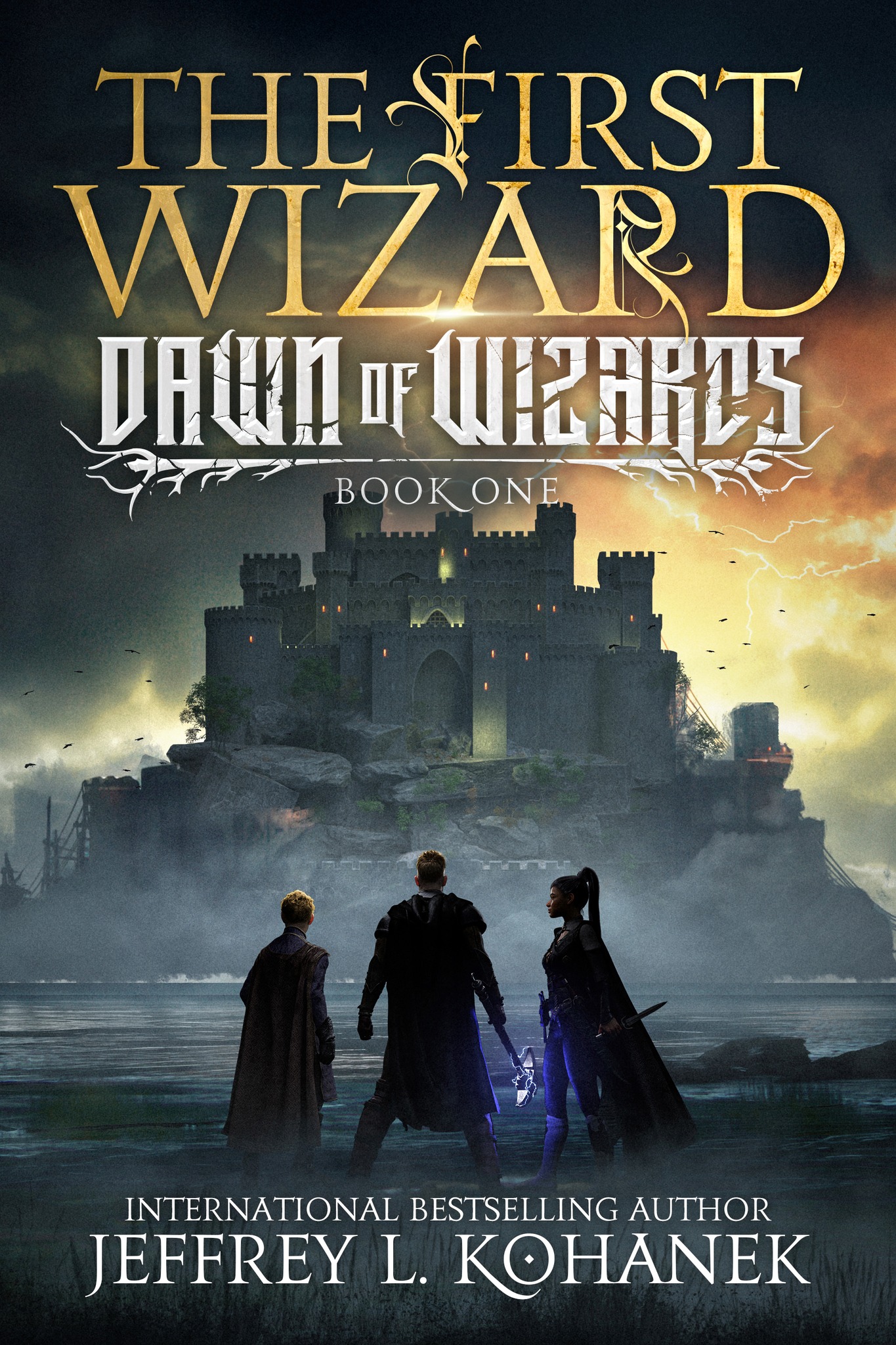Influencing the World
Governments and societies have a dramatic effect citizens' lives, shaping their views, beliefs, and perception of the world. History and the daily news have shown time and again the level of influence that governments have on society. Accordingly, when a fantasy author chooses a government to build a world and story upon, it can have a dramatic impact on numerous elements, including character motivation and plot.
Consider Game of Thrones (A Song of Ice and Fire Series) and the aristocracy that rules Westeros. The nobles are forever scheming against one another, jockeying for a better position of power regardless of how it impacts the lower classes. That environment creates an inordinate amount of deceit and betrayal, resulting in drama and intrigue at every turn. Nobles who attempt the high road, hoping to circumvent the selfish nature of the game, find themselves at a disadvantage to those who ignore the moral implications for their acts. George R. R. Martin's plot revolves around this dynamic, making it as critical to the story as any other aspect of the series.
This is but one of many approaches an author might a society upon. Dystopian societies have proven popular of late, particularly in teen fantasy novels. The worlds within these stories are often controlled by a fascist government, ruling with an iron fist, or by a socialist government where the leaders hide behind false propaganda used to convince citizens to donate everything to the greater good. In either case, the lower class suffers greatly while those at the top enjoy the spoils. Social inequity and injustice become a plot motive, urging a protagonist to push back and inspire the lower class into a rebellion, similar to The Hunger Games trilogy.
For The Runes of Issalia series, I chose to build my story around a theocracy. The Issalian Empire is a caste-based society with the Ministry acting as the ruling class, dictating the laws in addition to guiding the spiritual lives of citizens, all in the name of their god, Issal. While most governments only control the laws and economy that effect daily life, theocracies are designed to also dictate the spiritual beliefs that impact an individual’s afterlife. Possessing this unnatural level of influence upon the citizens of the Empire naturally creates the opportunity for the Ministry to be fraught with corruption. This concept enabled me to create a plot wrapped about a series of conspiracies, dating back hundreds of years. As the story unfolds, secrets are revealed that give clues to the extent of the conspiracy and the corruption that hides behind the cloaks of Ministry leaders. Those who have read book one have an inkling to the extent of their lies, but you must read on to discover the depths of their deceit.
Fantasy authors can weave many types of tales, focusing on various aspects of the fantastic. Regardless of plot, government and society structure will play a role. Consider the various types of government that you've been exposed to when reading fantasy novels. Kingdoms ruled by monarchs are certainly the most common but even among those, you may find unique aspects that make one world more intriguing than another. For aspiring fantasy authors, I suggest that you strongly consider these elements and choose wisely, for it can greatly influence the story you tell.


